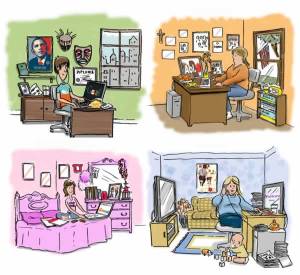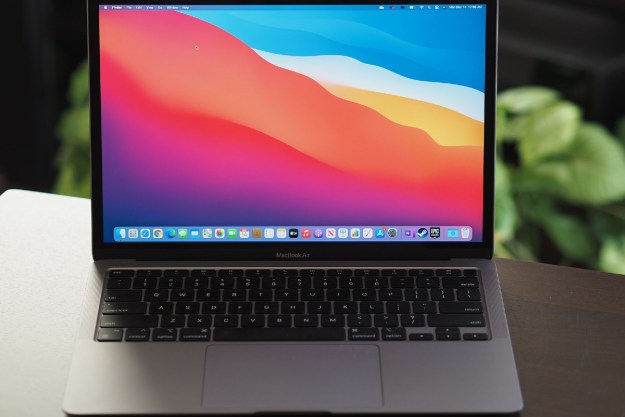 Users of Google’s Gmail are thinner, younger, better-educated, more well-traveled and more likely to be male than AOL or Yahoo! email users, according to a new report from Hunch.com.
Users of Google’s Gmail are thinner, younger, better-educated, more well-traveled and more likely to be male than AOL or Yahoo! email users, according to a new report from Hunch.com.
This potentially-offensive blanket statement is based on a newly-published study from Hunch, a site that makes a wide variety of recommendations to its users based on answers to survey questions.
Hunch analyzed 75 million answers from its approximately 700,000 users to determine the demographics, lifestyles and personality traits of people who use email addresses from Gmail, AOL, Yahoo! and Hotmail/MSN, the four most widely-used email domains.
According to the study, 72 percent of Gmail users are under the age of 34, with 68 percent falling in the 18- to 34-year-old range. That compares to 57 percent under 34 for Yahoo! and 42 percent for AOL. Hotmail users were the second youngest demographic, with 64 percent under age 34.
When it comes to gadgets, the largest percentage of users of all four email domains said they “love them.” But as you might expect, the greatest number — 66 percent — came from the Gmail user category. AOL users came in last, with 42 percent admitting affection for newfangled contraptions. Gmail users were also more likely than any other group to be early-adopters of technology.
Other categories explored were family life, relationship status, political affiliation, religiousness and fashion preferences.
Here, a more in-depth overview of Hunch’s “snapshot findings”:
• AOL users are most likely to be overweight women ages 35-64 who have a high school diploma and are spiritual, but not religious. They tend to be politically middle of the road, in a relationship of 10+ years, and have children. AOL users live in the suburbs and haven’t traveled outside their own country. Family is their first priority. AOL users mostly read magazines, have a desktop computer, listen to the radio, and watch TV on 1-3 DVRs in their home. At home, they lounge around in sweats. AOL users are optimistic extroverts who prefer sweet snacks and like working on a team.
• Gmail users are most likely to be thin young men ages 18-34 who are college-educated and not religious. Like other young Hunch users, they tend to be politically liberal, single (and ready to mingle), and childless. Gmail users live in cities and have traveled to five or more countries. They’re career-focused and plugged in — they mostly read blogs, have an iPhone and laptop, and listen to music via MP3s and computers (but they don’t have a DVR). At home, they lounge around in a t-shirt and jeans. Gmail users prefer salty snacks and are introverted and entrepreneurial. They are optimistic or pessimistic, depending on the situation.
• Hotmail users are most likely to be young women of average build ages 18-34 (and younger) who have a high school diploma and are not religious. They tend to be politically middle of the road, single, and childless. Hotmail users live in the suburbs, perhaps still with their parents, and have traveled to up to five countries. They mostly read magazines and contemporary fiction, have a laptop, and listen to music via MP3s and computers (but they don’t have a DVR). At home, Hotmail users lounge around in a t-shirt and jeans. They’re introverts who prefer sweet snacks and like working on a team. They consider themselves more pessimistic, but sometimes it depends on the situation.
• Yahoo! users are most likely to be overweight women ages 18-49 who have a high school diploma and are spiritual, but not religious. They tend to be politically middle of the road, in a relationship of 1-5 years, and have children. Yahoo! users live in the suburbs or in rural areas and haven’t traveled outside their own country. Family is their first priority. They mostly read magazines, are almost equally likely to have a laptop or desktop computer, listen to the radio and cds, and watch TV on 1-2 DVRs in their home. At home, Yahoo! users lounge around in pajamas. They’re extroverts who prefer sweet snacks and like working on a team. Yahoo! users are optimistic or pessimistic, depending on the situation.
To view the study’s interactive interface, click here.


